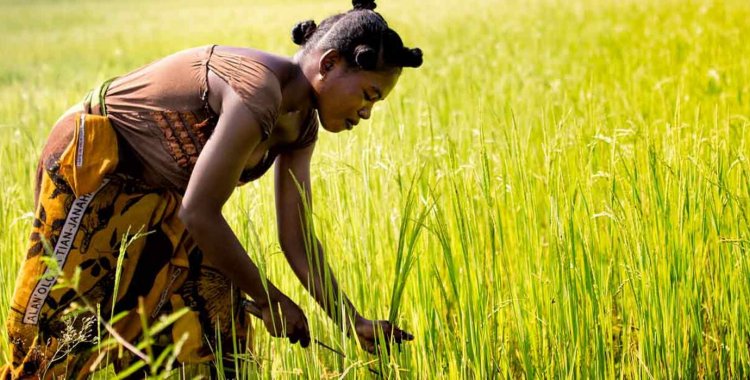The launch of the four-year projects, financed by the Global Environment Fund, is in charge of the Ministry of Culture, Tourism and Environment and the Food and Agriculture Organization of the United Nations (FAO).
The first project, called "Sustainable Land Management in the Central Region of Angola (ZAEC)", will be implemented in partnership with several national institutions, including the Center for Tropical Ecology and Climate Change (CETAC), using the agro-ecological zoning approach.
The project will directly benefit 1500 people and, indirectly, another 1.5 million.
The network of Farmer Field Schools in Huambo will be the means to disseminate land use planning and sustainable land management practices, based on an agro-ecological information system, precision environmental monitoring and technical quality, thereby harnessing the schools' potential as a privileged methodology and means to actively involve farmers in the effort against Angolan land degradation.
Although launched in the province of Huambo, the project will also benefit communes in the province of Benguela, through actions to regenerate 14 thousand hectares of vegetation cover (natural and cultivated cover), the elaboration of ten sustainable land management plans with the involvement of 450 beneficiaries, 40 percent of whom are women, in approximately 14 communities.
The project's objectives include building the capacity of 100 public officials to mobilize resources for financing sustainable land management, building the capacity of 100 professionals through a training program in the use of agro-ecological zoning products and sustainable land management practices, of which at least 20 percent will be women.
The second project, called "Integrating Climate Change into Environmental Management and Sustainable Land Use (ICE-SLM)", will be supported by FAO in the implementation of the "Promotion of Sustainable Land Management Practices in the Four Agroecological Centers" component, located in the provinces of Cabinda, Huambo, Namibe and Cuando Cubango.
This project also has the financial support of the Global Environment Facility, in the amount of 4.4 million dollars, with the objective of introducing climate change adaptation techniques, good sustainable land management practices (including agroforestry systems and fire management), and creating the necessary conditions to improve the resilience of the rural population's livelihoods.
The Agroecological Centers will be the platform for large-scale dissemination of sustainable land management technologies and best practices.
In this second project, 22,500 farmers, of whom at least 30 percent are women, are expected to benefit through 80 field schools, in the order of 20 per province, which will implement sustainable land management measures on 15,000 hectares.







